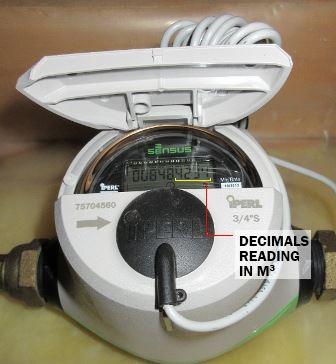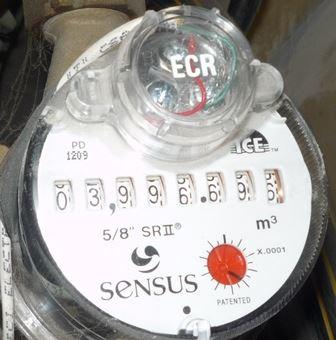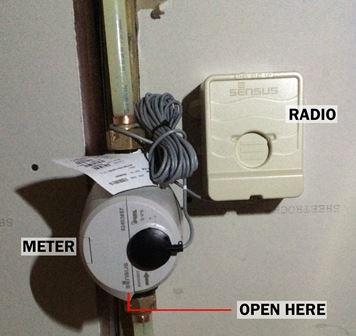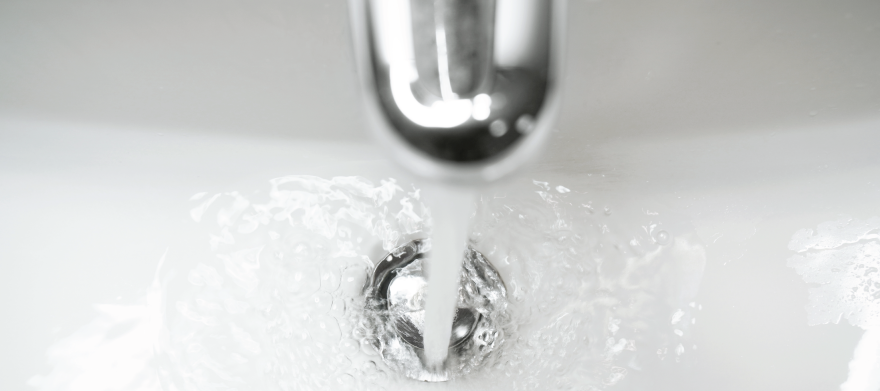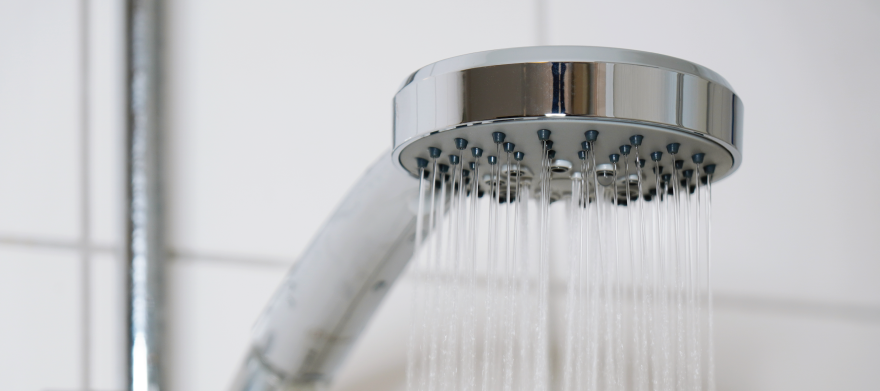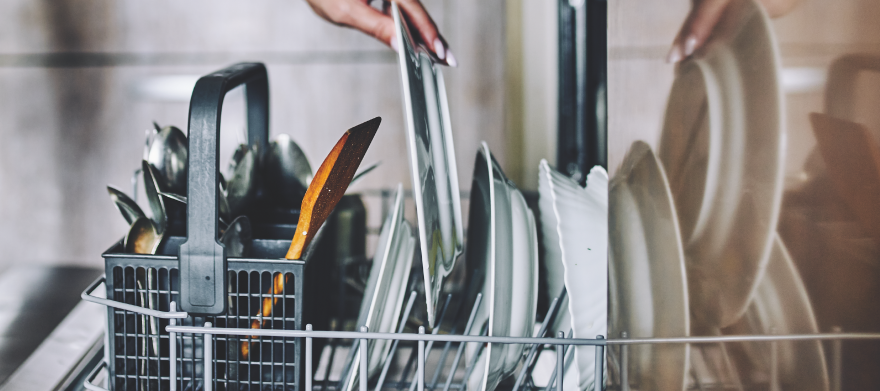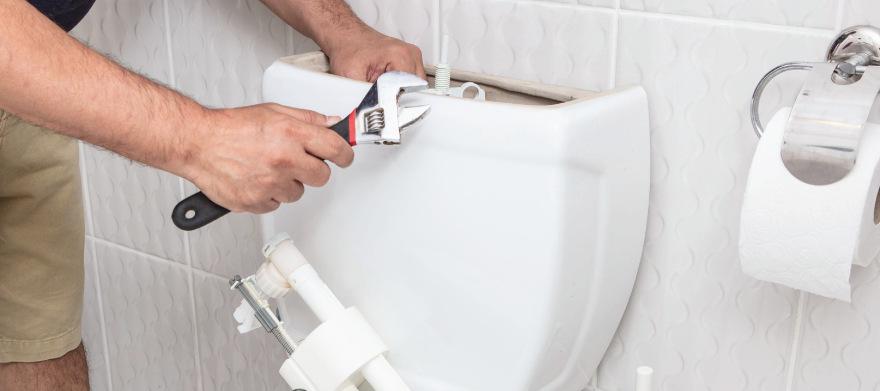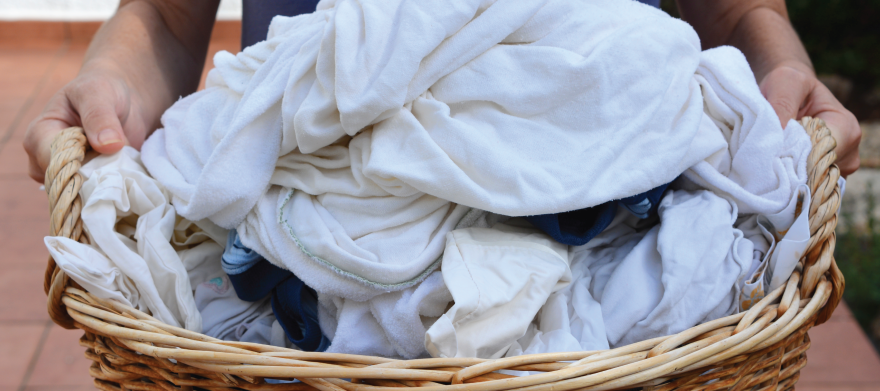In 2023, the Cochrane water treatment plant produced 3,126 million litres of water. Approximately 2,006 million litres of this was consumed in residential homes.
The average residential home used 388 litres/day during the winter and 494 litres/day during the summer. On a monthly basis, this works out to an average consumption of 11.4 cubic metres (11,400 litres) and 14.4 cubic metres (14,400 litres) respectively.
Typical household water use
If you are concerned about your household water use, consider comparing your household use to the average water use for certain fixtures and appliances. This can help give you a sense of whether you are using more water than expected:
- taking a 10-minute shower with a low flow shower head uses 76 litres of water
- one high efficient dishwasher load uses 15 litres of water, older dishwashers might use up to 40 litres per cycle
- washing a load of laundry in a high-efficiency machine uses about 45 litres, an older machine might use 140 litres per load
- flushing the toilet four times a day uses 19.2 litres daily (around 4.8 litres per flush), an older toilet (13 litre per flush) would use 52 litres daily
- using a lawn sprinkler for 15 minutes uses about 225 litres
- a water softener regeneration cycle uses between 135 and 2500 litres, depending on the size of the tank and system settings
- a furnace humidifier uses about 45 litres per day, this is dependent on the humidistat setting
Water meters
Cochrane uses two kinds of water meters to measure water use. All properties are equipped with radio transmitters that are used to collect monthly meter readings. Of these radios, 77 per cent are equipped with the function of storing hourly meter readings for 35 days.
Outdoor water conservation
Cochrane’s residential water use rises by as much as 30% in the summer months. Some of that precious water evaporates before people or plants can use it or runs down the sidewalk into the storm drain. With anticipated drought conditions, a naturescaped yard reduces your water bill, eases demand on the Cochrane’s water treatment and distribution system while supporting community sustainability.
We share the Bow River with many other communities and stakeholders. Naturescaping helps ensure there is a reliable supply of water for domestic use, power generation, waste treatment, agriculture, firefighting and recreation. We need to leave water in the Bow River for aquatic life, riparian vegetation and wildlife habitat.
Naturesaping
Once established, a carefully and thoughtfully naturescaped area will be virtually maintenance free, usually within one or two seasons. Many indigenous species of trees and shrubs will not need more water than nature provides once they have established an extensive root system (usually two growing seasons)
It's more than just a lawn. Whether you call it xeriscaping (xerosis Greek for dry) or naturescaping, you can create an attractive landscape that saves time, money and water. Water-wise gardening isn’t just for seasoned gardeners. Just follow these basic steps:
Ready to plant?
Soil conditions vary widely in Cochrane, and sometimes across a single property. When you dig, examine the soils you have and work to improve them. Local soils often need help from mulch, compost, conditioners (manure, sand, perlite, etc.), or aeration to grow plants more effectively. Sandy soils drain quickly. Clay soils may not. What soils do you have on your property?


